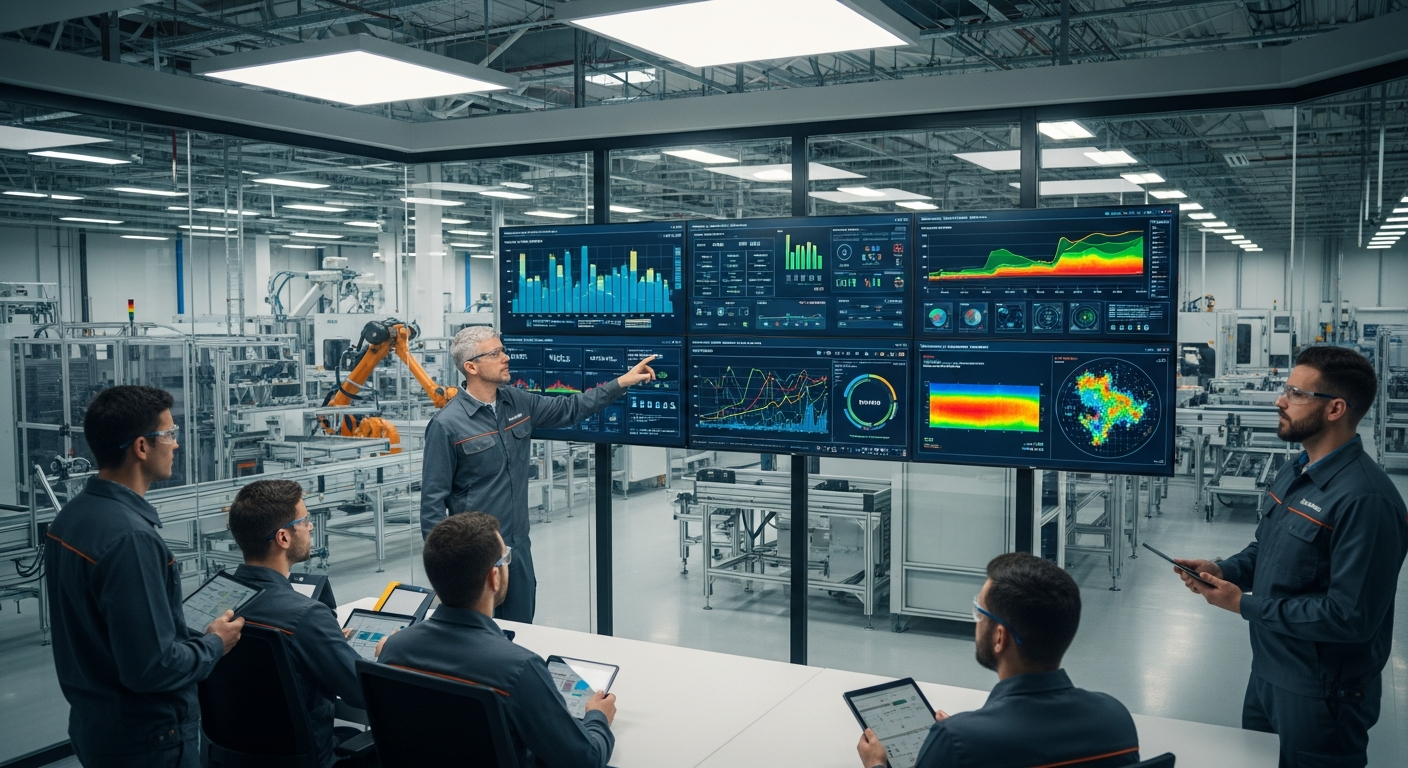"Synthetic Fuels: The Unexplored Frontier in Automotive Propulsion"
Introduction: In a world where the automotive industry is shifting towards electric and hybrid technologies, one might wonder if there are other viable alternatives. Synthetic fuels, although not a new concept, are gaining renewed interest as a potential solution. This piece dives into the intriguing world of synthetic fuels, their history, technological advancements, and the potential they hold for the future of automotive propulsion.
A Brief History of Synthetic Fuels
Synthetic fuels, also known as synfuels, have been around for quite some time. They were first produced in the 1920s and 1930s in Germany due to a scarcity of petroleum. However, the advent of World War II disrupted the development and production of synthetic fuels. Post-war, the abundance of petroleum and the complications associated with synfuels production led to a shift in focus away from this alternative fuel source.
The Technology Behind Synthetic Fuels
In simple terms, synthetic fuels are produced by converting natural gas, coal, or biomass into liquid fuels. This is achieved through a process known as Fischer-Tropsch synthesis, which involves a series of chemical reactions to produce a range of hydrocarbons. These can be further processed to yield fuels such as gasoline, diesel, and jet fuel. The technology has continuously evolved over the years, leading to more efficient and cleaner production techniques.
Current Trends in Synthetic Fuels
With increasing environmental concerns and the push for greener technologies, synthetic fuels have once again come into the spotlight. Several car manufacturers, including Porsche and Audi, have shown interest in these fuels and are investing in research and development. There is a belief that synthetic fuels could play a crucial role in the transition towards a carbon-neutral automotive industry, potentially bridging the gap between fossil fuels and electric vehicles.
Impact and Challenges of Synthetic Fuels
The main advantage of synthetic fuels lies in their potential to reduce carbon dioxide emissions significantly. If produced using renewable energy, they could be nearly carbon-neutral. Additionally, synthetic fuels could potentially be used in existing internal combustion engines with minimal modifications, making them an attractive alternative.
However, there are also challenges associated with synthetic fuels. The production process is energy-intensive, and the cost of production is currently higher than conventional fuels. These factors, along with the need for extensive infrastructure development, could pose significant hurdles to the widespread adoption of synthetic fuels.
The Future of Synthetic Fuels
Despite the challenges, the potential benefits of synthetic fuels warrant further exploration. With the right investment and research, it’s possible that synthetic fuels could become a significant part of our automotive future. They offer a unique solution to the emissions problem, one that doesn’t require a complete overhaul of our existing vehicles and infrastructure.
In conclusion, synthetic fuels represent an often overlooked but potentially game-changing technology in the automotive industry. While there are hurdles to overcome, their ability to significantly reduce carbon emissions while leveraging existing infrastructure makes them a compelling option. As the automotive world continues to evolve, it will be fascinating to see the role synthetic fuels play in shaping our transportation future.







